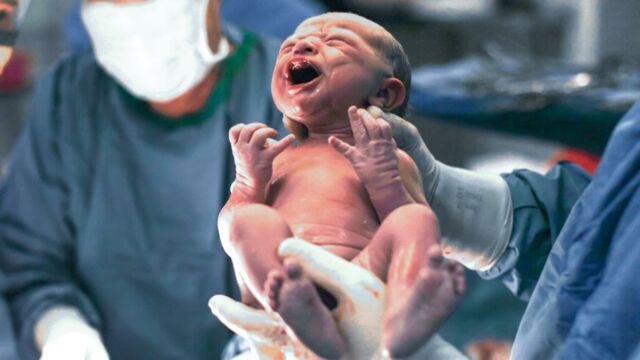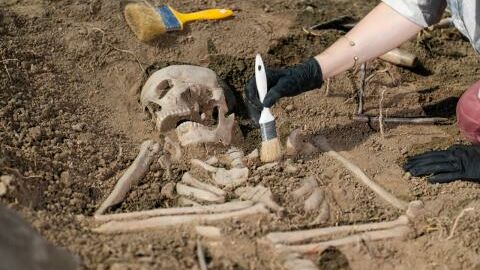This case of 'medical malformation' is so rare that it occurs only once in 30 million, and was found in Iran. This case of 'malformation', called 'aphallia', has various consequences on the body, particularly concerning the urinary system.
Discover our latest podcast
Consequences on the body
Indeed, the baby boy, even after 14 months, still had an intact scrotum and two testicles. However, he urinatedthrough his anus. The child's genitals had not developed as usual in the womb during the first months of pregnancy. The doctors who reported this very specific case stated that the baby was born normally without any problems. So did the mother, who reported no complications during her pregnancy.
An Iranian boy has been born without a penis, though he has his scrotum intact, and surgeons are planning to give him a vagina instead.
— Uramáh (@uramahspeaks) October 20, 2022
Due to his extraordinary defect, the boy urinates through his anus
The unidentified boy’s condition is medically called aphallia#UMRpic.twitter.com/jH4QErIx5V
This case is so unusual that there are only 100 documented cases in the scientific literature. That said, experts assume that 'intersex' people are highly stigmatised because of their position on the gender spectrum, and should be much more numerous in the cases recorded by doctors. It is assumed that they are therefore deliberately excluded from the statistics.
Sex and gender assignment: where are the intersex people?
Surprisingly, the doctors made the choice to perform gender reassignment surgery, i.e. to create a vagina for this child because he was born without a penis. This was enough for them not to give him the freedom to choose his gender and therefore automatically feminise him.
Intersex organisations have criticised this approach, as it is usually motivated by societal expectations of gender and sex, not by medical reasons.
This article was translated from Gentside FR.
Sources used:
-Dailymail: Iranian boy born without a penis in one-in-30 million medical deformity
-Yahooactualité: En Iran, un bébé naît sans pénis, les médecins lui fabriquent... un vagin
Read more:
⋙ Ukrainian woman who gave birth under exploding bombs was killed while holding her baby
⋙ 4-month-old baby thrown from a roof by monkeys during an attack
⋙ Baby left at church by barefoot 'religious group' wearing white robes identified after 41 years















